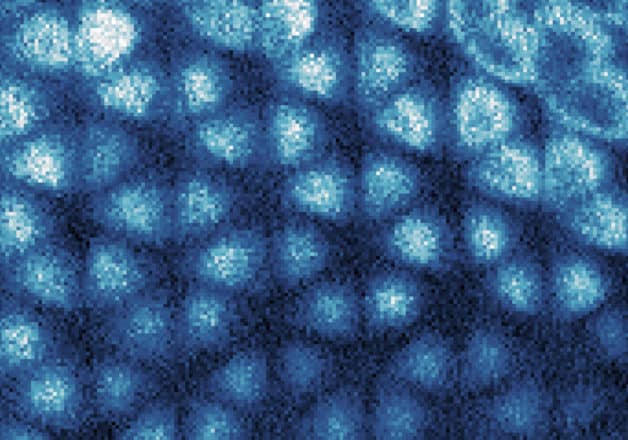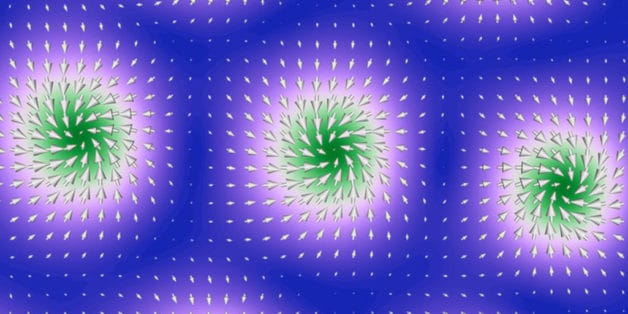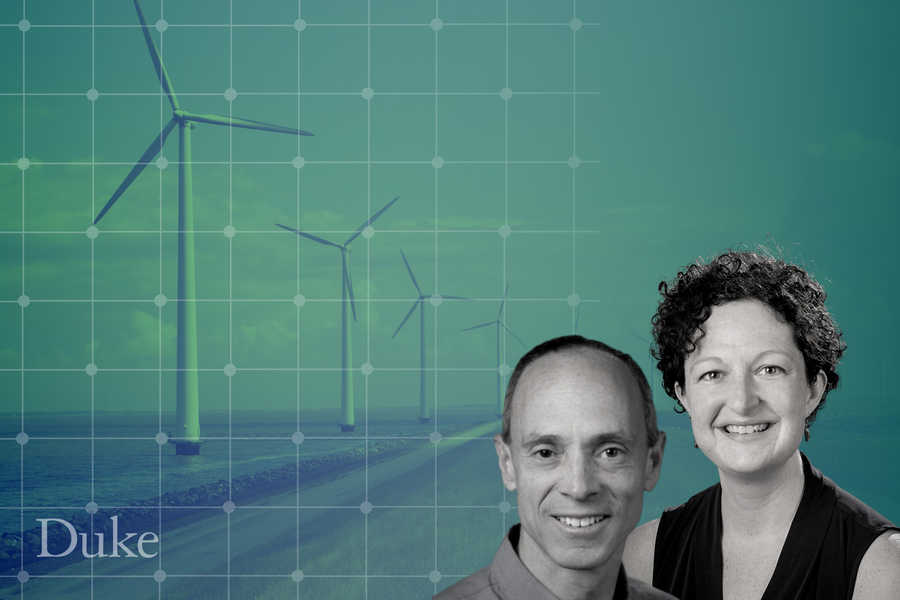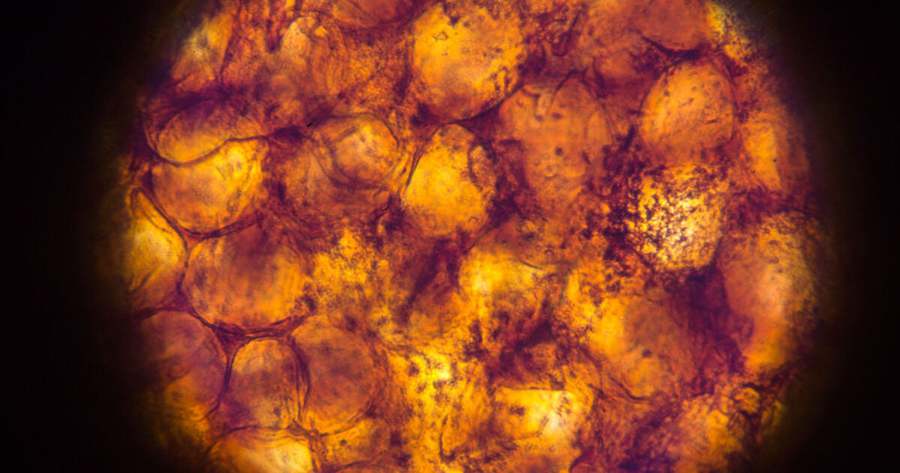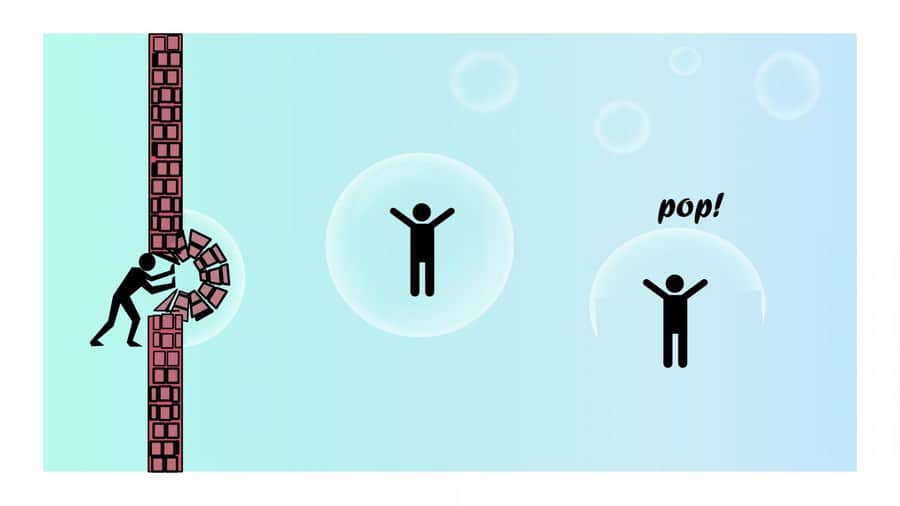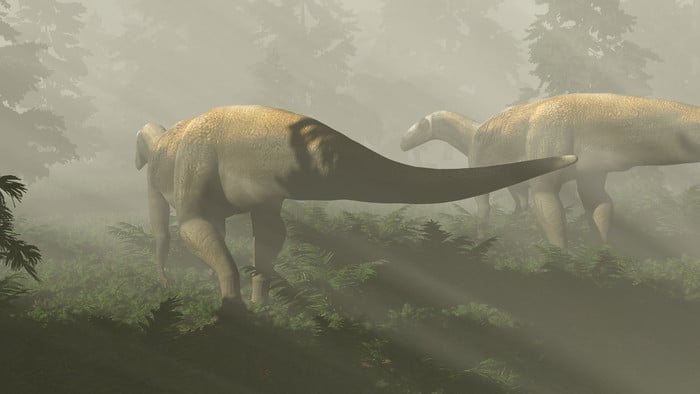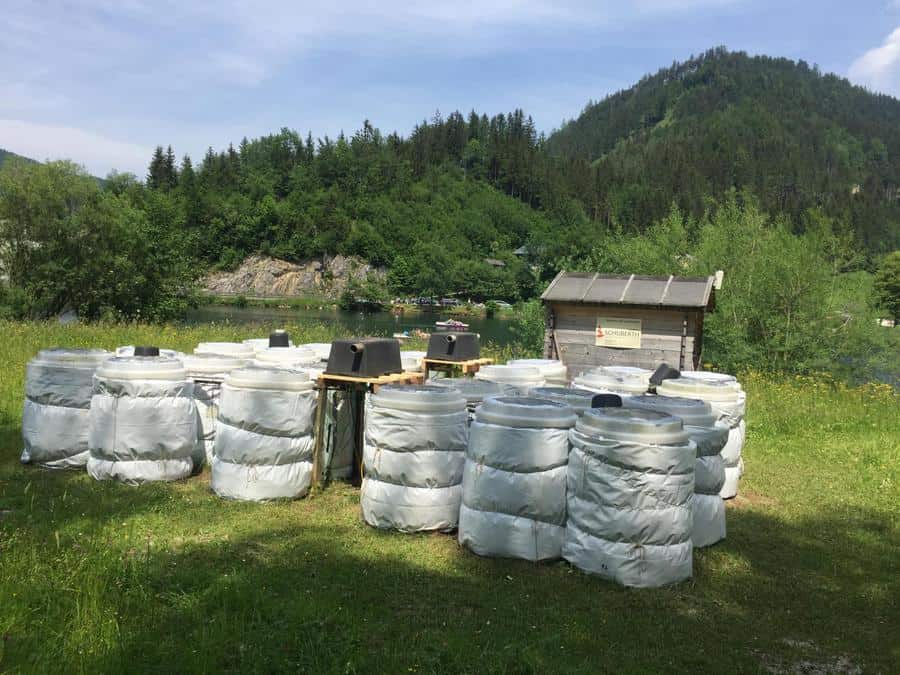More than 90 years ago, physicist Eugene Wigner predicted that at low densities and cold temperatures, electrons that usually zip through materials would freeze into place, forming an electron ice, or what has been dubbed a Wigner crystal. While physicists have obtained indirect evidence that Wigner crystals exist, no one has been able to snap a […]
Read More